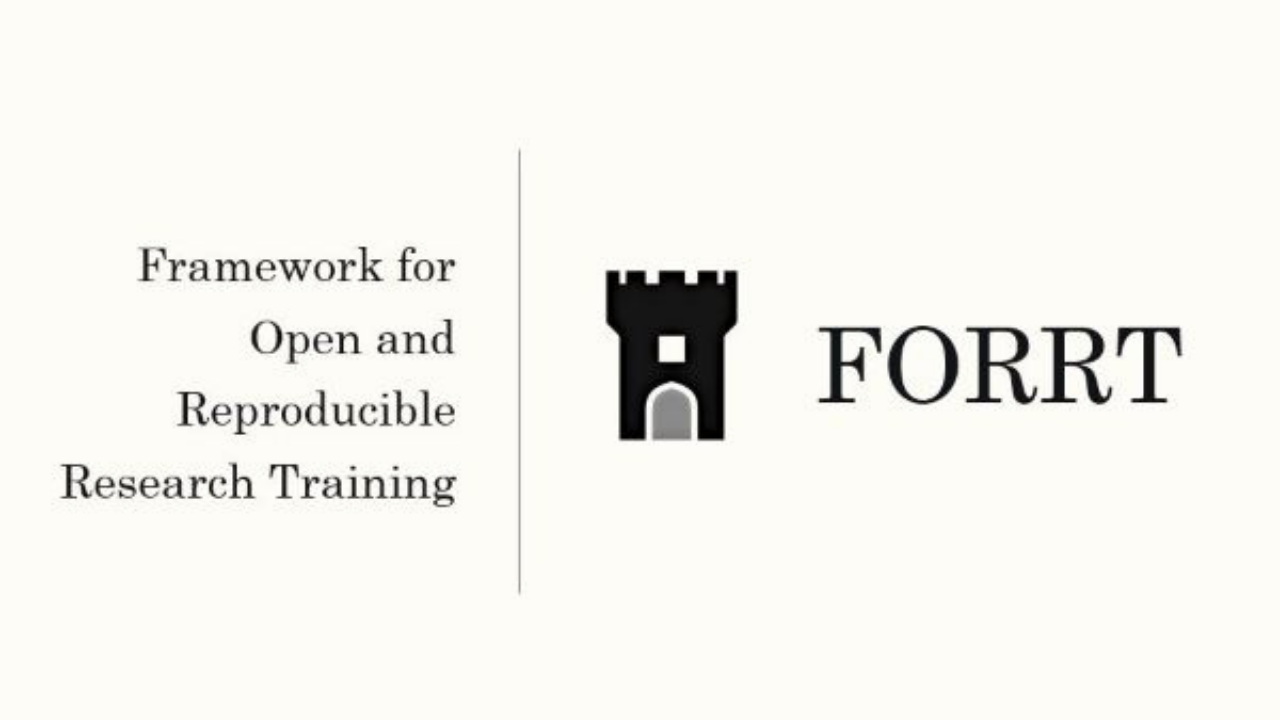
Prominent failures to replicate scientific results (e.g., Open Science Collaboration, 2015) and the publication of extremely implausible findings (e.g., Bem, 2011) sparked in the the scientific community a movement towards self-reflection and the recognition of the considerable prevalence—and adverse consequences—of questionable research practices (John et al., 2012) and the misalignment of incentives in the current system of academic publishing (Higginson & Munafo, 2016).
Several solutions were proposed in response to these revelations. On one hand, the scientific community took steps to reflect a widespread awareness—and call for—improved research practices leading to the dawn of the so-called “credibility revolution” (Vazire, 2018). These include higher standards of what constitutes scientific evidence, preregistration of studies, registered reports, direct replications, transparency and openness relating to research materials, and research integrity. On the other hand, introductions, manifestos, and guidelines for doing open and reproducible research have been proposed in many fields and disciplines, including the humanities, computational sciences, the natural and the social sciences. Together, these reforms align closely with the three proposed pillars to carry social sciences towards a so-called scientific utopia: opening scientific communication (Nosek, & Bar-Anan, 2012), restructuring incentives and practices (Nosek, Spies, & Motyl, 2012), collaborative and crowdsourced science (Uhlmann et al., 2018).
We argue that there is one additional pillar that is often absent from discussion: the pedagogical consequences of how we teach, mentor, and supervise students. We thus proposed a fourth pillar towards scientific utopia, the integration of open scholarship principles—i.e., the idea that knowledge of all kinds should be openly shared, transparent, rigorously research, accumulative, and inclusive—into higher-education (Azevedo et al, 2019). Developing educational resources is essential to facilitate engagement with, adherence to, and learning of research transparency, replicability, openness, and reproducibility. Hence, to research integrity, and make the positive changes of recent reforms sustainable, open scholarship must be integrated fully into teaching and mentoring (Azevedo et al., 2022). As an academic norm, this well-needed change should not be seen as an additional layer to existing proposals for reform but rather one that unites them: to advance research transparency, reproducibility, rigor, and ethics through pedagogical reform.
In this spirit, we, the Framework for Open and Reproducible Research Training—a community of over 350 scholars across a range of disciplines, career stages, and identities—share our vision of embedding reproducibility and research integrity into higher education to ensure long-term improvements in research quality and culture. We are hard at work to foster an inclusive culture of open scholarship across all career stages, diverse academic disciplines, and research areas. FORRT has three main goals: (1) to build together with educators a pathway towards the incremental adoption of open scholarship practices into higher education; (2) to generate a conversation about the ethics and social impact of a higher-education pedagogy that emphasizes openness, epistemic uncertainty, and research credibility; and (3) to promote a reflection about the perceived importance of different academic activities and advocate for greater recognition of educational resources. We achieve these goals by providing a pedagogical infrastructure and didactic resources designed to support (and recognize) the teaching and mentoring of open scholarship.
The FORRT community has already achieved great impact. We have developed pedagogical resources, including: a bank of ready-to-use lesson plans and activities (Pownall et al. 2022; open resource: forrt.org/lesson-plans), a consensus-based glossary of over 250 open scholarship terms (Parsons et al. 2022; forrt.org/glossary), a systematic review of the impact of open scholarship on students’ outcomes (Pownall et al. 2022), a pedagogically-oriented database of replications and reversals, a collection of over 200 summaries of open and reproducible research literature as well as of diversity, equity, accessibility, and inclusion works, over 700 curated FAIR searchable resources, and a comprehensive but straightforward, evolving, and accessible didactic framework to learn, teach, and mentor open scholarship.
But we want to do more and continue to improve upon our existing resources. So we are inviting you to join our first-ever FORRT event where we will present each FORRT project in just 5 minutes with a Q&A session with project leads on May, the 4th 2022 (#MayTheFORRTBeWithYou). Please register here.
If you are interested in our activities, please consider joining our community’s Slack where we announce new projects, build community, and steer our org’s mission. Please also check out our getting involved page, subscribe to our newsletter, and follow us on social media (Twitter or Facebook).

6218 Georgia Avenue NW, Suite #1, Unit 3189
Washington, DC 20011
Email: contact@cos.io

Unless otherwise noted, this site is licensed under a Creative Commons Attribution 4.0 International (CC BY 4.0) License.
Responsible stewards of your support
COS has earned top recognition from Charity Navigator and Candid (formerly GuideStar) for our financial transparency and accountability to our mission. COS and the OSF were also awarded SOC2 accreditation in 2023 after an independent assessment of our security and procedures by the American Institute of CPAs (AICPA).
We invite all of our sponsors, partners, and members of the community to learn more about how our organization operates, our impact, our financial performance, and our nonprofit status.